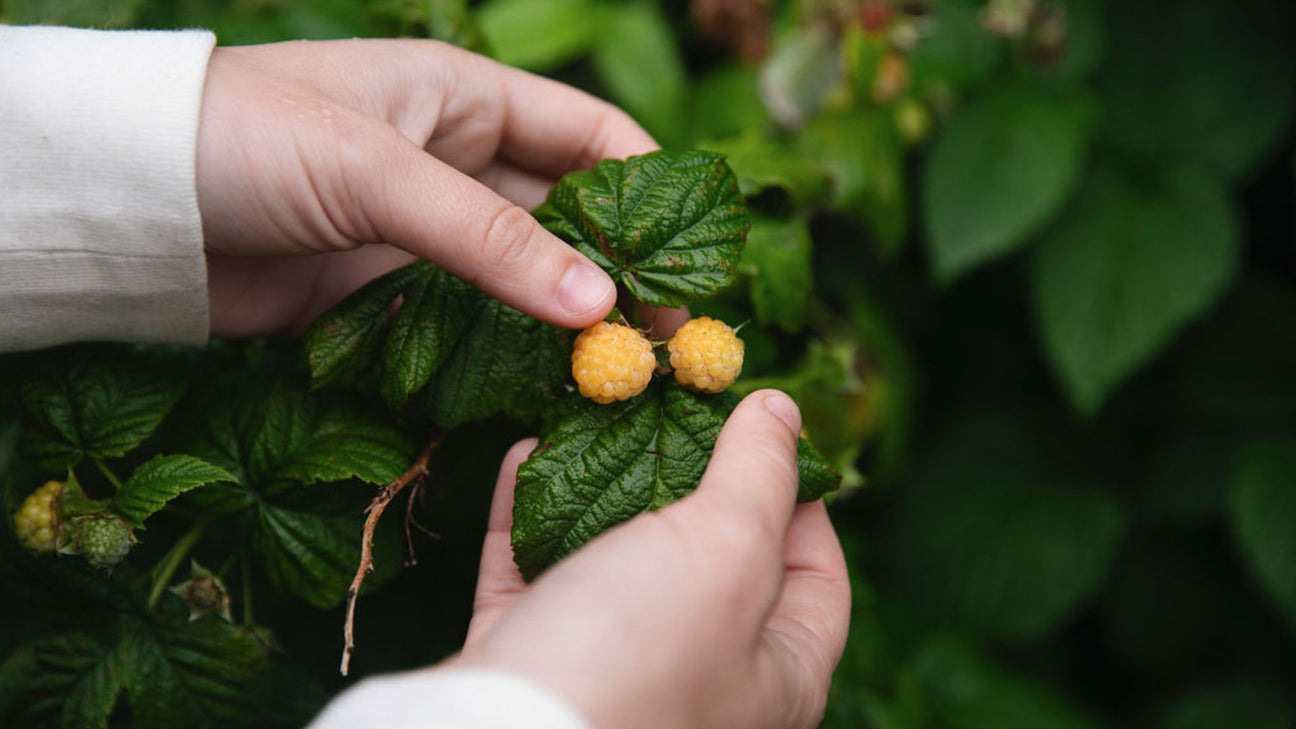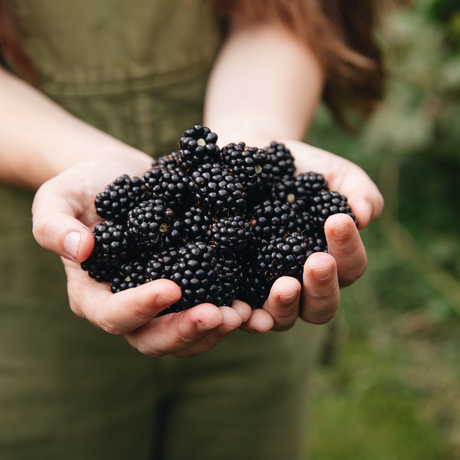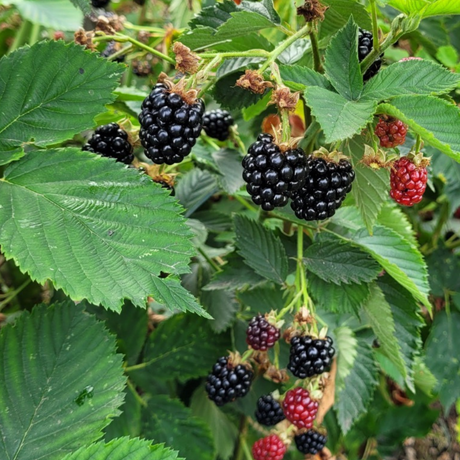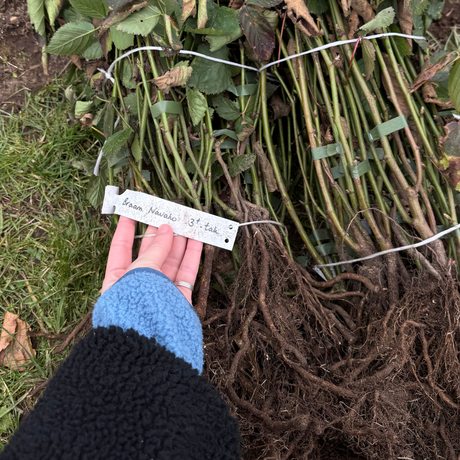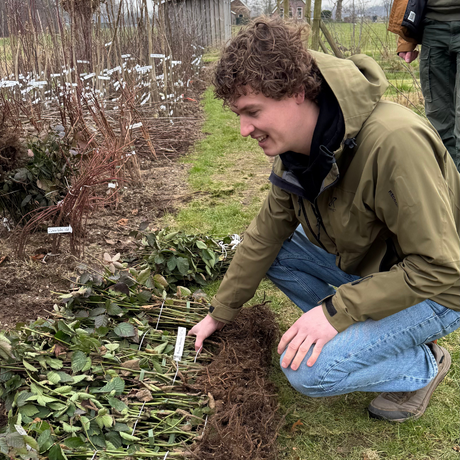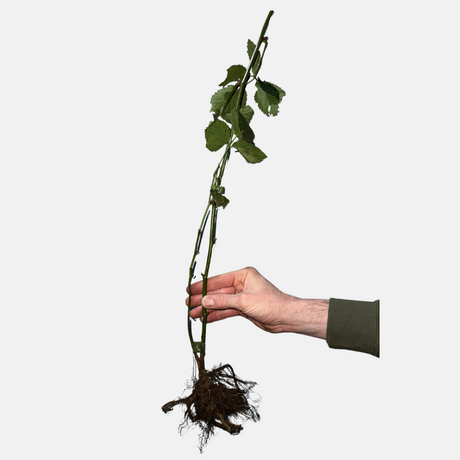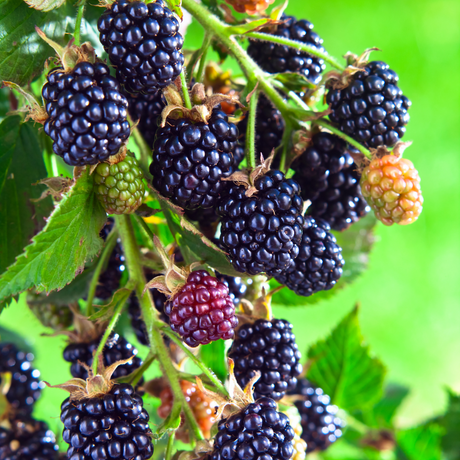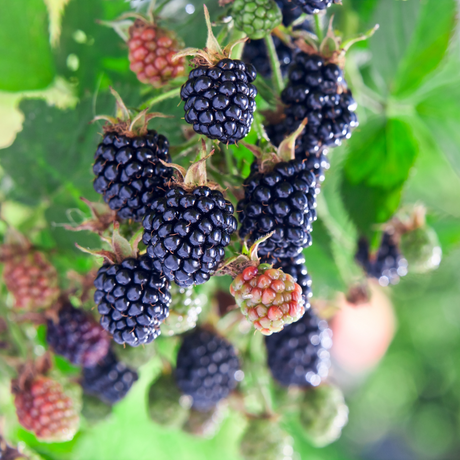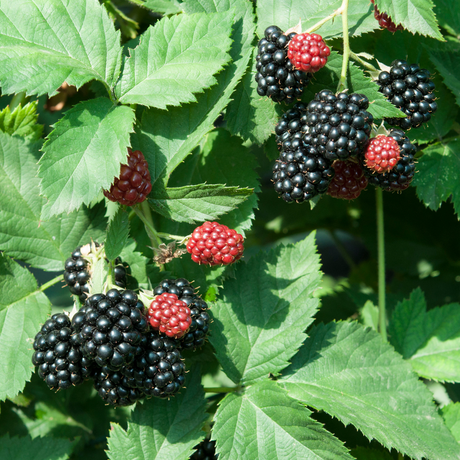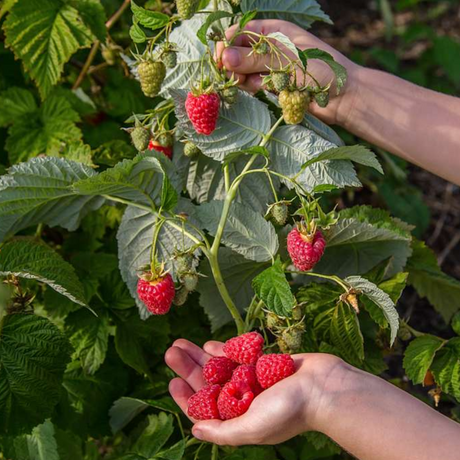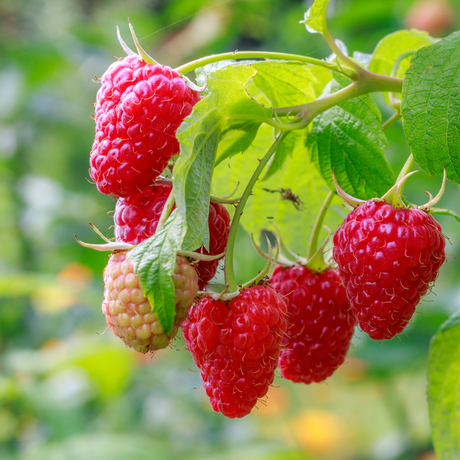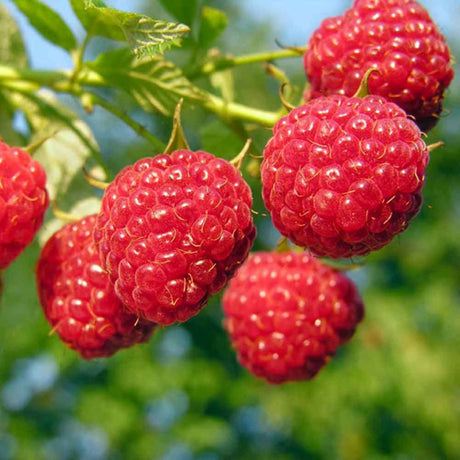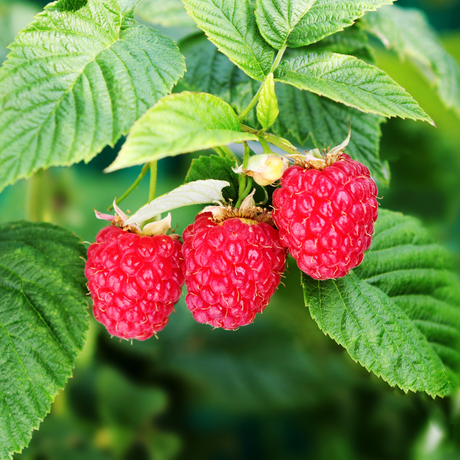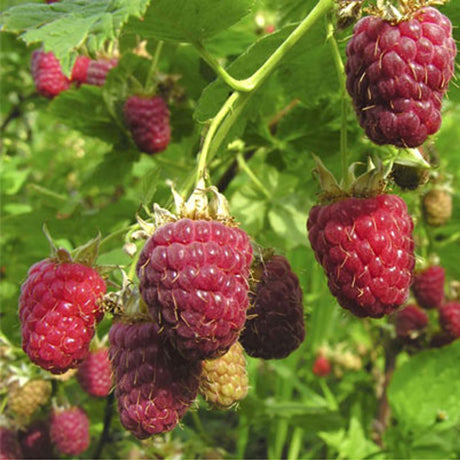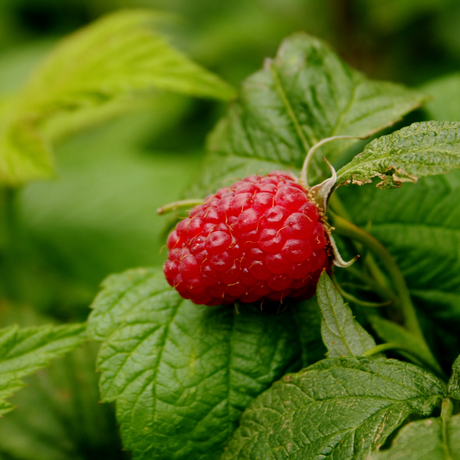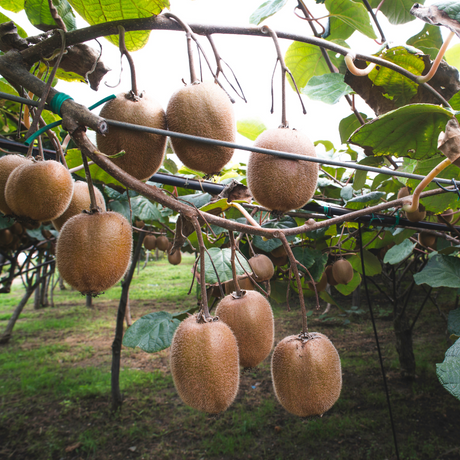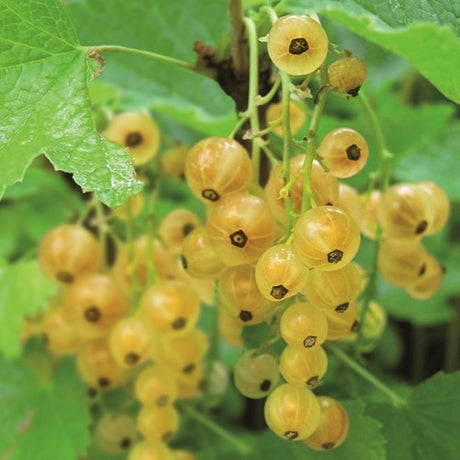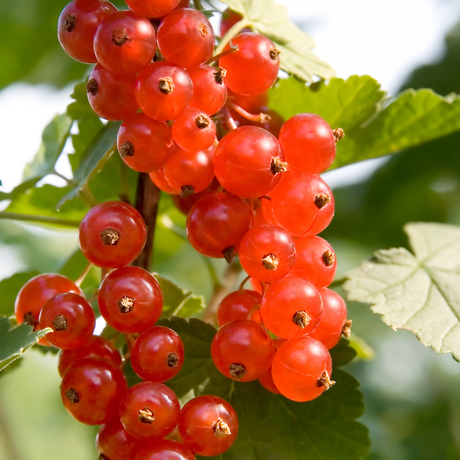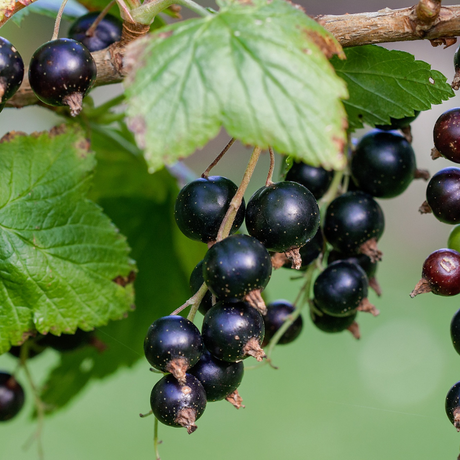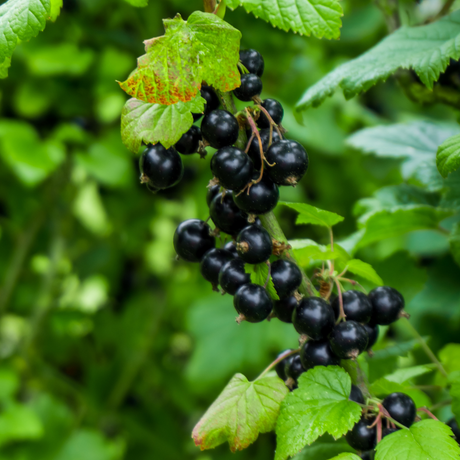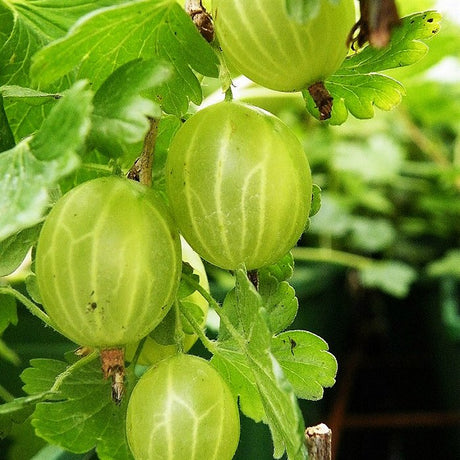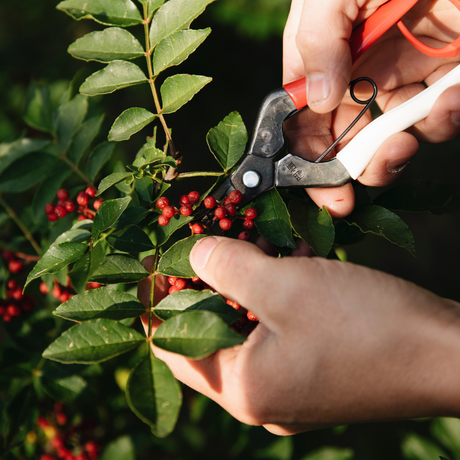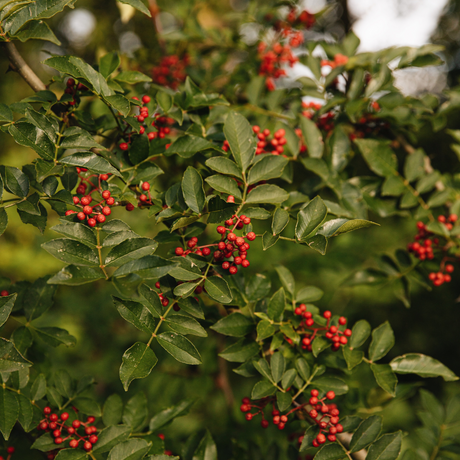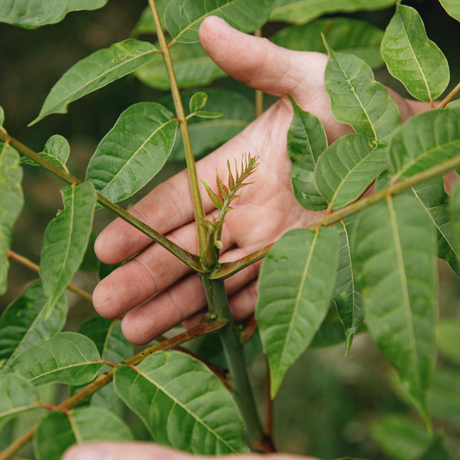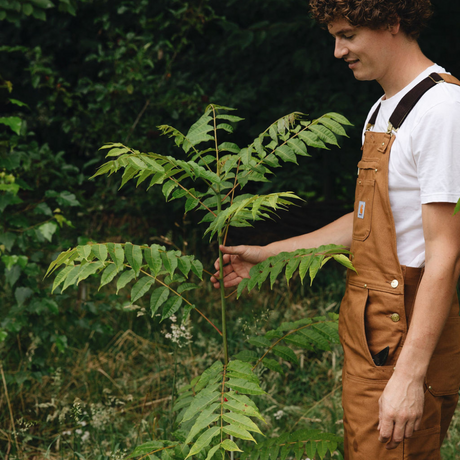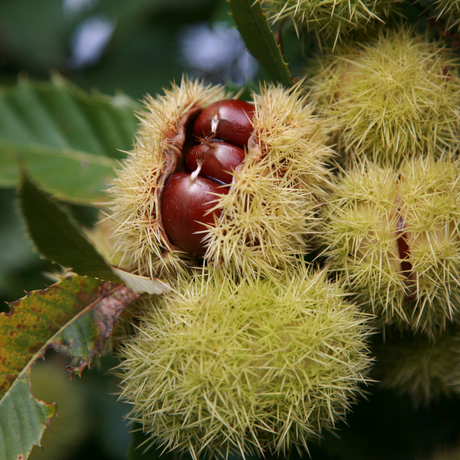- Our favorite9% off
Tayberry (raspberry/blackberry cross) BIO
Sale price €39,95 Regular price €43,80Unit priceUnavailable Tayberry 'Buckingham Thornless' - Thornless
Regular price €13,95Unit priceUnavailableTayberry (raspberry/blackberry cross) BIO
Regular price €10,95Unit priceUnavailable- Regular price €10,95Unit priceUnavailable
- Regular price €7,95Unit priceUnavailable
- Regular price €59,95Unit priceUnavailable
Honeyberry 'Boreal Blizzard' BIO - Early
Regular price €15,95Unit priceUnavailableHoneyberry 'Strawberry Sensation' Organic - Mid-season
Regular price €15,95Unit priceUnavailable- Regular price €15,95Unit priceUnavailable
- Regular price €15,95Unit priceUnavailable
Honeyberry 'Altaj' BIO - Early
Regular price €15,95Unit priceUnavailableBlack raspberry 'Black Jewel' BIO - Late
Regular price €10,95Unit priceUnavailable- Regular price €17,95Unit priceUnavailable
Low-stemmed sweet chestnut tree BIO
Regular price €14,95Unit priceUnavailable- Regular price €10,95Unit priceUnavailable
Thornless blackberry bush 'Navaho' - Late - Bare root
Regular price €7,95Unit priceUnavailableThornless blackberry bush 'Black Satin' BIO - Early
Regular price €10,95Unit priceUnavailableThornless blackberry bush 'Lochness' BIO - Mid-season
Regular price €10,95Unit priceUnavailableThornless blackberry bush 'Chester Thornless' BIO - Late
Regular price €10,95Unit priceUnavailableSummer raspberry 'Golden Everest' BIO - Late
Regular price €10,95Unit priceUnavailableAutumn and summer raspberry 'Twotimer Sugana Red®' BIO
Regular price €10,95Unit priceUnavailableSummer raspberry 'Willamette' BIO
Regular price €10,95Unit priceUnavailableSummer raspberry 'Willamette' BIO - Mid-season
Regular price €10,95Unit priceUnavailableAutumn raspberry 'Autumn Bliss' BIO
Regular price €10,95Unit priceUnavailableAutumn raspberry 'Autumn Bliss' BIO - Late
Regular price €10,95Unit priceUnavailableAutumn raspberry 'Autumn Bliss' BIO
Regular price €7,95Unit priceUnavailable- Regular price €10,95Unit priceUnavailable
- Regular price €10,95Unit priceUnavailable
Redcurrant 'Jonkheer van Tets' BIO
Regular price €10,95Unit priceUnavailableBlackcurrant / cassis berry 'Titania' BIO
Regular price €10,95Unit priceUnavailableBlackcurrant / cassis berry 'Titania' BIO
Regular price €7,95Unit priceUnavailableGooseberry 'Hinnonmaki Green' BIO
Regular price €10,95Unit priceUnavailable
Soft fruit in pictures
Ruud shows how he grows various berries and grapes in his garden.
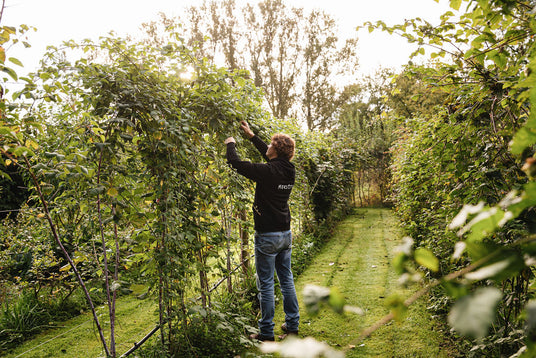
Read our blog about how we set up a row cropping system for soft fruit.
You may also like
View allSoft fruit: Buy organic soft fruit plants – great fun in small sizes
Soft fruit is the easy way to transform your garden (or balcony!) into a fruit paradise. Think raspberries you can pick right off the bush, blackberries you can make jam with, or a yellow raspberry that surprises everyone. The best part? These perennials return year after year. All soft fruit varieties are perennials that you plant once, meaning they stay in the same spot for years and require little maintenance. Soft fruit is easy to grow, even for novice gardeners. Moreover, soft fruit thrives in a variety of conditions, so you can also enjoy a successful harvest in the Netherlands. Plant well once, and enjoy harvest after harvest. Most soft fruit plants need plenty of sunlight to thrive.
At Plukkers.com you'll find organic soft fruit plants that grow reliably, taste great, and produce delicious fruit – one of the reasons to choose soft fruit – and happily take their place in a border, pot, or vegetable garden.
Why choose organic soft fruit?
- Fairly grown – from seed to potting soil, everything is organic and grown according to strict guidelines.
- No tricks – no artificial fertilizers, no synthetic pesticides. Only natural methods and approved organic products.
- Respect for soil and environment – organic farming prevents damage to soil, water, and surrounding nature. It takes into account plants' preferences for healthy, natural conditions. This keeps the environment healthy and livable for both people and animals.
- Healthy and reliable starting material – strong, organic plants that get off to a good start, are less susceptible to disease and often last longer.
- Pick with confidence – you know your fruit has been grown in a way that's better for people, animals, and the environment. Soft fruit is also rich in healthy nutrients like vitamins, minerals, and fiber.
Our top picks from the soft fruit collection
There are many different fruit plants and varieties you can plant in your backyard. By planting these fruit plants in a good spot with plenty of sunlight, you create an ideal environment for enjoying fresh fruit. Some varieties grow on shrubs, while others grow on trees like apples and pears. Raspberries can come in a variety of colors and ripen in summer and fall. Make sure the plants get enough water for optimal growth.
Tayberry plant BIO
A cheerful cross between a blackberry and a raspberry. The tayberry is one of those hybrids whose fruit is considerably larger than that of a regular raspberry or blackberry. Large, juicy fruits that practically scream for jam or juice. But secretly, they're also dangerously delicious straight from the bush.
Thornless blackberry 'Black Satin' BIO
Finally, a thornless blackberry, making harvesting and caring for it much more pleasant. There are several varieties, including self-pollinating ones, that produce large, sweet fruit and are easy to care for. Perfect for a first introduction to soft fruit.
Summer raspberry 'Willamette' organic
A classic that produces its first berries early in the summer. Harvest time depends on the variety, and the berries are harvested when they are fully ripe for the best flavor. The plant begins growing in spring, with the branches developing rapidly. Aromatic, robust, and a surefire choice if you can't wait for your raspberries.
Autumn raspberry 'Autumn Bliss' BIO
The name says it all: pure late summer joy. Large, firm berries that taste sweet and are ideal for cooking or simply enjoying straight from the mouth. Be sure to pick them right, because they're at their best when harvested at the right time. This raspberry grows vigorously, and the plant grows quickly with sturdy branches, especially in spring.
Late summer raspberry 'Golden Everest' BIO
A sunny sight. Yellow raspberries with a refined sweetness and a surprisingly elegant effect in the garden. A little different, and that's precisely why they're so lovely. For this raspberry, too, the variety determines the harvest time and growth habit.
Soil and soil – the basis for healthy plants
A bountiful harvest starts with the basics: the soil in which your soft fruit plants grow. Whether you choose blueberries, thornless blackberries, sweet raspberries, or a unique Japanese wineberry, healthy, nutrient-rich soil is truly the secret to strong plants and a bountiful harvest. Blueberries prefer slightly acidic soil with a pH between 4.5 and 5.5.
For organic soft fruit, it's important that your soil is free of artificial additives. Therefore, always choose an organic soil improver, such as compost. Compost nourishes your soil, improves its structure, and allows water and air to easily reach the roots. This allows your plants to grow well and stay healthy for much longer.
Most soft fruit varieties, such as raspberries, blackberries, currants, and gooseberries, thrive in soil with a pH between 6.0 and 6.5. Ensure your soil is nutrient-rich and well-drained, so the roots don't stay too wet. Blackcurrants and thornless blackberries, in particular, prefer an airy soil that doesn't get too wet – this prevents root rot and other annoying problems. Currants, gooseberries, and blackcurrants are hardy shrubs that can withstand cold and rain.
Soft fruit plants thrive in the open ground. Choose a spot in full sun for the best flavor and a bountiful harvest, but a few hours of shade each day certainly won't hurt. A sheltered spot, for example, along a fence or wall, will protect your shrubs from strong winds and help them thrive even better. Grapes are climbers that can be trained up a sunny wall or pergola.
You can also grow soft fruit in pots or containers. Make sure the pots drain well and fill them with an airy, nutrient-rich mixture. This way, raspberries, blackberries, and even grapes and kiwis can thrive on your balcony or patio. Make sure the soil doesn't dry out, but don't overwater either – a little balance is the key.
In your vegetable garden, you can combine various soft fruit varieties in a fun way. For example, plant blueberries, strawberries, and currants together for a colorful, tasty harvest. With an annual application of compost and a little attention to the soil structure, you can make it easy for your plants to produce fruit year after year. Soft fruit is a favorite among many because it yields relatively easily.
The big advantage? Soft fruit requires little maintenance, yet gives so much joy in return. Whether you have a small plot of land or just a few pots on the balcony: with the right soil and a little love, you can enjoy your own fresh berries, grapes, and more all season long. This way, every garden, big or small, becomes a source of sweet happiness!
Plants and care tips
- Planting time: Soft fruit is best planted in spring or autumn, as long as there is no frost. This promotes good root development and fruit production.
- Location: Preferably sunny and airy; pots are also fine. Ensure the plants receive at least 6 hours of sunlight per day for good growth and fruit production.
- Support: varieties such as tayberry, blackberry, black raspberry and Japanese wineberry like to grow against a trellis or wire.
- Pruning: Prune summer raspberries after harvest, and cut back autumn raspberries completely in winter. Fruit plants need annual pruning to promote growth and remove dead branches.
- Feeding: Apply a layer of compost or organic fertilizer annually for a lasting harvest. Ensure the plant gets enough water, especially during dry periods.
A garden full of picking pleasure
Soft fruit doesn't just bring fruit into your home; it also creates a cozy atmosphere. The backyard is a great place to grow fruit plants and enjoy fresh fruit from your own garden. Children join in the picking, birds come to watch curiously, and a colorful garden teeming with life. Soft fruit can be sustainably popular, especially with children. Start small, reap great joy.

